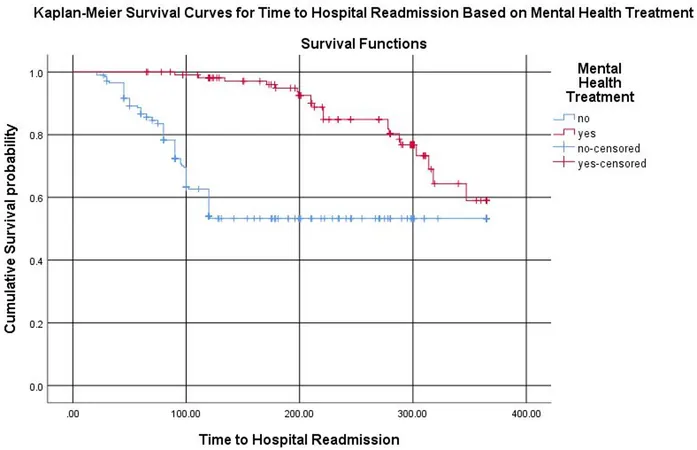
Surprising Link: Diabetic Emergencies May Reduce Heart Failure Risks!
2024-10-01
Author: Nur
Groundbreaking Revelation
In a groundbreaking revelation presented at the Heart Failure Society of America 2024 Annual Meeting, researchers have uncovered an intriguing connection between diabetic emergencies and improved cardiovascular outcomes in patients with heart failure (HF). Their findings indicate that patients who experienced diabetic emergencies had significantly lower rates of mortality and cardiovascular events compared to their counterparts who did not face such emergencies.
The Intersection of Diabetes and Heart Failure
Approximately 40% of individuals with heart failure also contend with diabetes mellitus, making the intersection of these diseases particularly important to study. The researchers rigorously analyzed data from a staggering 2,782,004 hospital admissions for heart failure, providing critical insights into patient outcomes in distinct groups: those with diabetic emergencies and those without.
Defining Diabetic Emergencies
The group defined as experiencing diabetic emergencies included 14,129 patients who faced severe complications like diabetic ketoacidosis and hyperglycemic hyperosmolar states. This study focused on both in-hospital mortality and various cardiovascular events, including cardiogenic shock and myocardial infarctions, as secondary outcomes.
Resilience Against Cardiovascular Troubles
Shockingly, patients who had diabetic emergencies not only faced higher rates of other health issues—such as pulmonary disease, hypothyroidism, and hypertension—but also demonstrated a notable resilience against cardiovascular troubles during hospitalization. This stands in stark contrast to the group without diabetic emergencies, which exhibited higher incidences of in-hospital mortality and critical cardiovascular events.
Key Takeaway
The key takeaway here is that more frequent hospital visits and vigilant monitoring of patients who suffer from both heart failure and diabetes may lead to improved outcomes. In fact, researchers speculate that the heightened scrutiny these patients receive during hospitalizations may have played a critical role in observing favorable prognoses despite their additional health challenges.
Implications for Healthcare Systems
Past research has illuminated the strong ties between diabetes and cardiovascular disease, with diabetes presenting risks comparable to those associated with previous heart complications. In this context, the recent findings prompt crucial questions about how healthcare systems can optimize the treatment and monitoring of patients with multiple health concerns.
Necessity for Rigorous Monitoring
The researchers raised an essential aspect: patients without diabetic emergencies still faced alarming rates of adverse events, despite having fewer underlying health issues. This observation underscores the necessity for rigorous monitoring of all patients, especially those who may be asymptomatic or have less severe conditions, to mitigate their risks while hospitalized.
Shifting Clinical Approaches
In an era where understanding the complex interplay of chronic diseases is paramount, these findings could shift clinical approaches. As healthcare professionals strive for better patient outcomes, incorporating comprehensive management strategies for diabetes and heart failure could potentially save lives.
Stay Informed
Stay informed with the latest developments and insights from the Heart Failure Society of America Annual Meeting, where critical research like this is just a conversation away!



 Brasil (PT)
Brasil (PT)
 Canada (EN)
Canada (EN)
 Chile (ES)
Chile (ES)
 Česko (CS)
Česko (CS)
 대한민국 (KO)
대한민국 (KO)
 España (ES)
España (ES)
 France (FR)
France (FR)
 Hong Kong (EN)
Hong Kong (EN)
 Italia (IT)
Italia (IT)
 日本 (JA)
日本 (JA)
 Magyarország (HU)
Magyarország (HU)
 Norge (NO)
Norge (NO)
 Polska (PL)
Polska (PL)
 Schweiz (DE)
Schweiz (DE)
 Singapore (EN)
Singapore (EN)
 Sverige (SV)
Sverige (SV)
 Suomi (FI)
Suomi (FI)
 Türkiye (TR)
Türkiye (TR)
 الإمارات العربية المتحدة (AR)
الإمارات العربية المتحدة (AR)